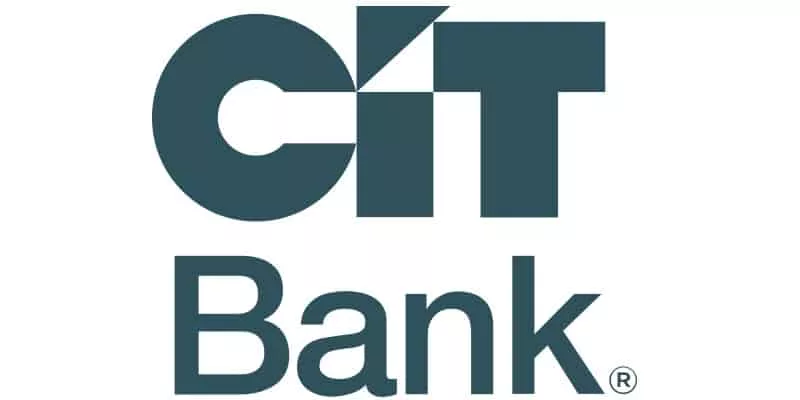Going through a divorce is undoubtedly one of life's most challenging experiences, and it often brings about significant changes, especially in the realm of finances.
As you embark on this new chapter, it's crucial to be mindful of potential pitfalls that can have long-lasting implications on your financial well-being.
5 Financial Actions Newly Divorced Should Take
1. Update personal information
Ensure that all financial institutions, creditors and other relevant authorities are aware of our change in marital status, name, address, and other important information. Keeping this information up to date is one of the easiest ways to stay on top of your financial situation.
2. Update Beneficiary Designations
Life insurance policies, retirement accounts, and other financial instruments often have beneficiary designations. It's common for individuals to forget to update these designations after a divorce. Failing to do so can result in unintended consequences and may leave assets to an ex-spouse.
Regularly review and update beneficiary information to ensure your assets are distributed according to your wishes.
3. Establish individual credit
If you’ve relied heavily on joint accounts during your marriage, it’s time to start building credit in your name alone. Divorce can have a significant impact on your credit score, especially if joint accounts were involved. The sooner you start building credit in your name, the better.
Whether you open secured or unsecured credit cards, or even personal loans, each can help to establish your own credit history and take control of financial independence. Monitor your credit reports, once you begin to establish new credit, to ensure all new information is accurate and in your name only.
Responsible credit and debt management are crucial steps towards financial independence post-divorce. Any credit accounts you open make sure to maintain low credit utilization ratio for several reasons, including:
- Low credit utilization will positively influences your credit score. Credit scoring models typically view lower credit utilization as a sign of responsible credit management, which can contribute to a higher credit score.
- Maintaining low credit card balances demonstrates creditworthiness and increases your chances of obtaining favorable interest rates and credit terms when applying for loans or credit cards.
- By keeping your credit utilization low, you also reduce the risk of accumulating high levels of debt, making it easier to meet financial obligations and avoid potential financial stress.
4. Close joint accounts
One of the first steps you can take to help protect your credit is to close any joint accounts you share with your spouse. Joint credit cards, loans, and other accounts can leave you vulnerable to the actions of your ex-partner.
Closing these accounts or removing your name can prevent any negative financial activity that could affect your credit. If there's a balance, you will have to pay it, either at account closing, or afterward, with regular monthly payments. You may want to redeem your rewards before closing your joint accounts.
Establish a separate bank account after divorce to regain control, shield your assets from potential legal entanglements, and safeguard your financial future.
5. Consider tax implications
It's crucial for individuals going through a divorce to work with a qualified tax professional or financial advisor to understand the specific tax implications of their situation, for example:
- Changes in income, expenses, and dependents may impact eligibility for various tax credits and deductions, such as the Child Tax Credit, Earned Income Tax Credit (EITC), and education-related deductions.
- Transferring assets from retirement accounts as part of the divorce settlement may have tax consequences.
- If the marital home is sold, there may be capital gains tax implications.
Final takeaway
One of the most significant mistakes individuals make after a divorce is not having a clear financial plan in place. Failing to reassess and realign your financial goals can lead to confusion and oversights. It's essential to create a comprehensive budget, set short-term and long-term financial goals, and consider working with a financial advisor to ensure your plan is realistic and sustainable.
Always consult an attorney, financial advisor, and other professionals as the opinions voiced in this material are for general information only and are not intended to provide specific advice or recommendations for any individual.













